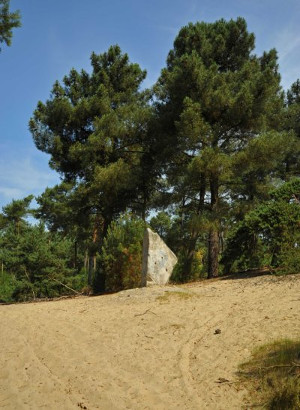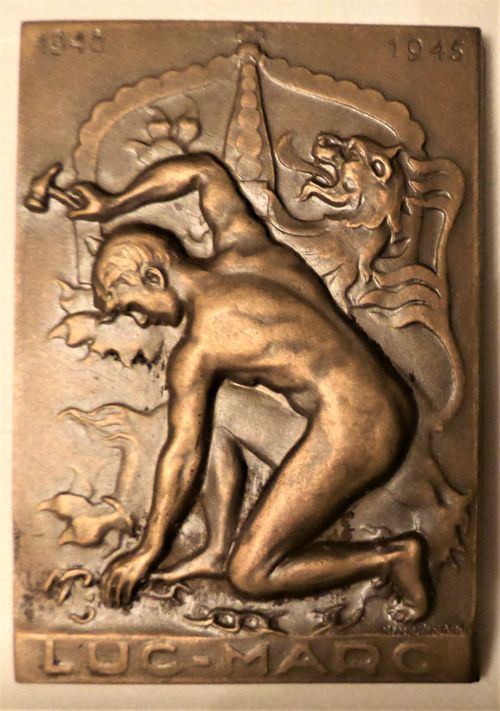Articles
- Article by Gerd Van der Auwera
- Published on
Attack on the XXth Convoy
The deportation of Belgian Jews began in the summer of 1942. A transit camp was set up in Mechelen, a city that lies between Brussels and Antwerp, the two cities with the highest Jewish populations. Mechelen already had a military base which led to the creation of the Mechelen Transit Camp (SS-Sammellager Mechelen) The Dossinkazerne, as it was referred to by the local population, was the centre of the deportation of Belgian Jews to the concentration camps. Here they were gathered and put on trains to the east. More than 25,267 Jews were deported.
- Article by David Izelaar
- Published on
Partisans of Baarlo
Nowadays, a discussion is going on whether or not the Dutch attitude towards their German occupiers during the Second World War had been lax. In this discussion, however, we must not forget how much courage it took to rebel, especially as part of the armed, or unarmed, resistance. There were high prices to pay for these acts of rebellion, and it has cost many Dutch people their lives.
- Article by Gerd Van der Auwera
- Published on
Resistance in Belgium in World War Two
In the thirties of the 20th century Central Europa came increasingly under influence of Germany. The Anschluss was realized and also the Sudetenland was annexed. The other powers in Europe let Germany get away with this. This however didn’t happen when Germany invaded Poland on September 1st 1939. Two days later France and Great Britain declared war on Germany. World War Two had started. Belgium also was involved: on May 10th 1940 Belgium’s neutrality was violated. The Belgian army wasn’t a match against the German onslaught and received one hammer blow after the other. After an 18 day campaign the Belgian king Leopold decided to lay down arms.




